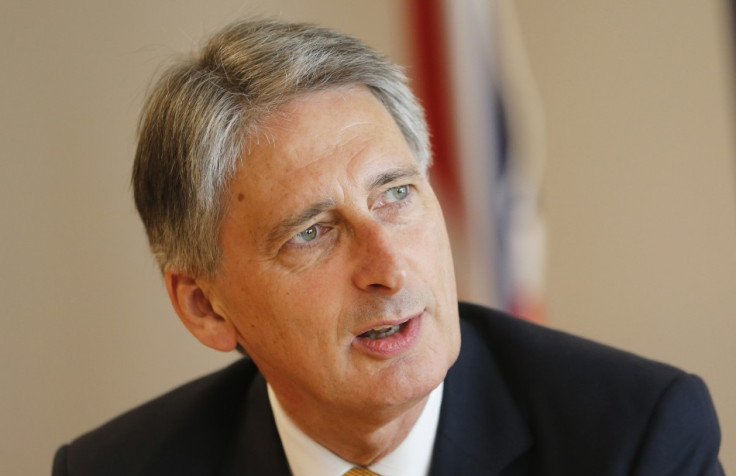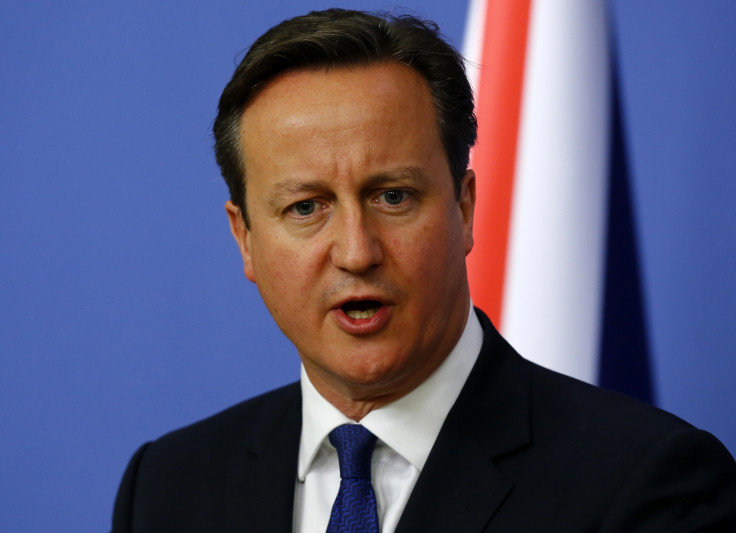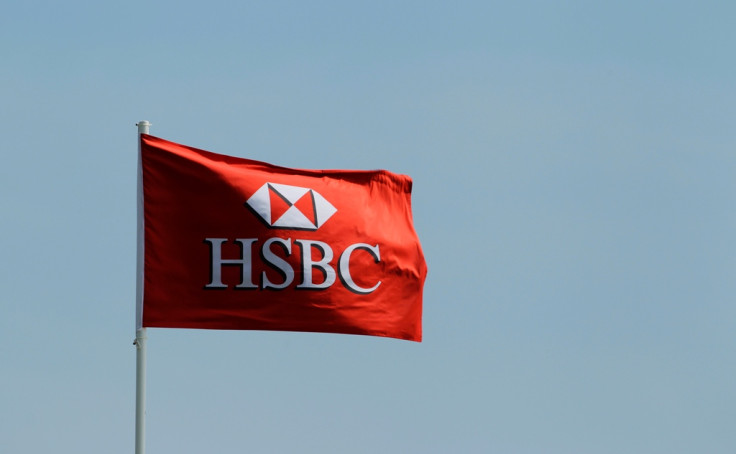Margareta Pagano: David Cameron's Algeria courtship reveals African gem gleaming with opportunity
Who would have guessed it? Nearly 2,000 years ago when Rome ruled the Western world, Britain was run by a Berber governor, one Quintus Lollius Urbicus, who came from Tiddis in Numidia, known today as Constantine in Algeria.
Urbicus was the legate sent by emperor Antoninus Pius to reconquer the lowlands of Scotland, which he did by defeating the local Britons around 140 AD. The Berber governor went on to oversee the building of the Antonine Wall – the bit between the Forth and the Clyde – and his name can be found inscribed on buildings from Balmuildy.

Last week, the Algerians were back in force; not so far north this time but in London for a high-level trade delegation led by Algerian Prime Minister Abdelmalek Sellal for his first meeting at No 10 with David Cameron and the first-ever investment forum between the two countries at the Waldorf Hilton.
And what a turnout it was: more than 500 businessmen and women were there to hear Philip Hammond, the foreign secretary, unearth the story of Urbicus to demonstrate how relations are closer than you might think – and more than meets the eye.
(Back in the 19<sup>th century, Algeria's coast was a must for rich Victorians escaping our gloomy winter.)
The tale was a nice touch, lightening the mood as the two countries tiptoe around each other for the first time in decades. Indeed, Hammond's presence at the forum, which was attended by Algeria's most senior ministers, shows how seriously the British government is taking relations with Africa's wealthiest country.
It's a courtship that has been evolving since January last year when Cameron was the first serving British PM to visit Algeria post-independence in 1962, when he flew to meet Sellal shortly after the In Amenas gas plant siege, which saw the death of 39 hostages, to discuss how best to fight Islamic terrorism.
Terrorism talks but where was the media?
So there's no surprise that trade and terrorism were top of the menu when Cameron hosted the No 10 breakfast meeting for Sellal last Thursday (11 December) but what was surprising was there was hardly any mention of the event in the mainstream media.
Odd considering the importance of the meeting; the PMs signed two memoranda of understanding between AstraZeneca and Saidal, the state pharmaceutical company, and Sellal discussed Algeria's plans to reform its economy, open up agriculture, defence and tourism to name a few sectors, and why UK companies are among the most welcome of outside investors.

More sensitively, they talked about how to strengthen their security partnership against extremism, particularly in Libya and Mali, although Algeria follows a strict policy of non-intervention in the affairs of another country.
Behind the scenes, there is more commerce between the two countries than you might think.
Andrew Noble, the UK ambassador in Algiers, told me trade in goods between them was worth over £4bn in 2013 and has been growing rapidly over the last year due to the big push by the UKTI and trade envoy, Lord Risby.
Of all the EU nations, the UK is one of the biggest investors in Algeria and multinationals such as BP, Petrofac, Unilever, AstraZeneca and GSK are well established there. Now Sellal's government wants to bring in UK firms to help with education and vocational training (teaching English to much higher standards), and help with opening up financial services as only a handful of foreign banks – HSBC and Citibank – are there.
The same goes for professional services – only PwC and Grant Thornton are in Algiers – while the government wants help with creating new capital markets and introducing technology transfer into its nascent manufacturing industries.
In short, the decision has been taken to modernise the country as quickly as it can – to provide new jobs and indeed, hope to its 40 million population of which the biggest chunk is under 25 because of the high birth rate. Due to oil and gas, Algeria is one of the world's wealthiest countries, so it can afford progress; the challenge the government faces is whether change can come fast enough to keep the young off the streets.
Algiers is a gateway for UK business into Africa
As all the Algerian officials I spoke to at the Waldorf pointed out, Algiers is only two-and-a-half hours away from London by air, so the gateway for UK business into Africa sits on our doorstep on the Med.
And what a bumper market it is: the country has one of the highest GDP per capita income rates in Africa, growth in 2013 was 2.7%, foreign currency reserves are around $200bn and the recent five-year plan has earmarked $260bn for new infrastucture spending.
No wonder UK companies were queuing up to talk to the Algerian ministers at the forum; the country needs know-how and expertise in just about every sector, from solar to dairy farms (Algeria is the world's second-biggest importer of milk despite having one of the most fertile land areas in the globe).
Healthcare specialists were at the front of the queue as the Algerians have plans for billions of pounds worth of new hospitals and state-of-the-art cancer centres. The UK's International Hospitals Group is already a partner in the new Tlemcen hospital and hopeful of winning new contracts, while bio-tech entrepreneur Sir Chris Evans, who now runs the Excalibur healthcare boutique, wants to set up hi-tech cancer centres.

Many of Algeria's most successful businessmen and women were at the Waldorf too; young bankers and entrepreneurs who were out looking for new ventures.
The most successful of them all is perhaps Issad Rebrab, chief executive of Cevital, Algeria's biggest private conglomerate with interests from steel to sugar and who employs thousands of people.
Rebrab, who is listed by Forbes as the eighth-richest person in Africa, and worth $3 bn, told me he hoped the UK would take Algeria's new open door seriously as the country needs British – and Western – support for its transformation into a modern, democratic society.
Persuading more UK companies into Algeria is high on Noble's wishlist for the new year. Some companies still perceive the country as being too difficult, too dangerous or too French, he added, but such perceptions – if ever true – are out of date.
He said: "Algeria is a huge, growing market: this is a wake-up call for UK companies. Doing business there is becoming much easier. More importantly, we share the same humour – they love Monty Python."
Add into the mix our mutual obsession with football and there may be a winning streak.
Margareta Pagano is a business journalist who writes for the Independent and the Financial News. Follow her on Twitter @maggiepagano.
© Copyright IBTimes 2025. All rights reserved.






















